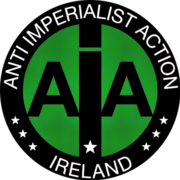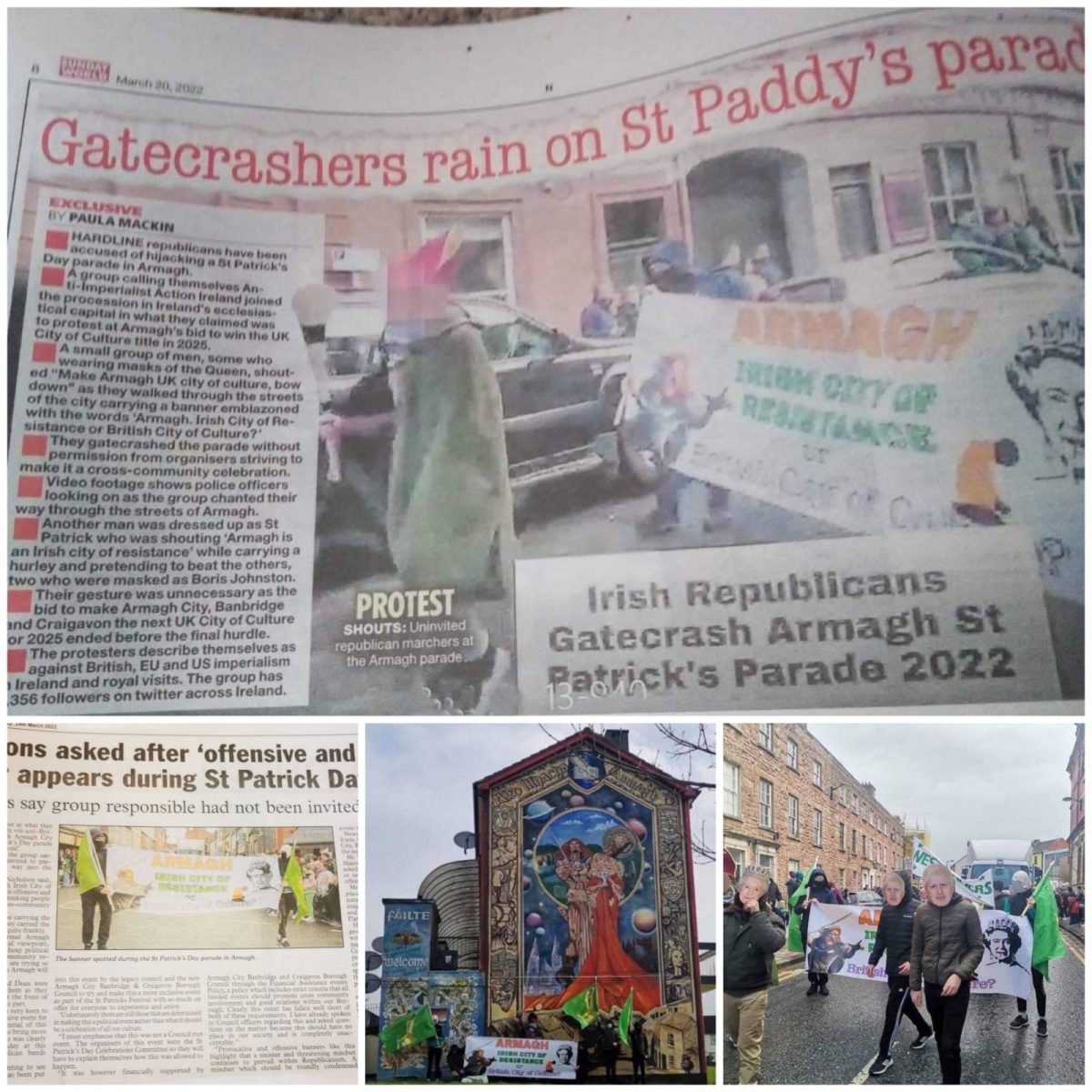“Just as none of us is outside or beyond geography, none of us is completely free from the struggle over geography. That struggle is complex and interesting because it is not only about soldiers and cannons but also about ideas, about forms, about images and imaginings.”
“The main battle in imperialism is over land, of course; but when it came to who owned the land, who had the right to settle and work on it, who kept it going, who won it back, and now plans its future–these issues were reflected, contested, and even for a time decided in narrative. As one critic has suggested, nations themselves are narrations.” – Edward W. Said
“I believe that the development of the fighting spirit is of more importance than the creation of the theoretically perfect organisation; that, indeed, the most theoretically perfect organisation may, because of its very perfection and vastness, be of the greatest possible danger to the revolutionary movement if it tends, or is used, to repress and curb the fighting spirit of comradeship in the rank and file” James Connolly
On the 2th December 1999 the Free State gave away articles 2 and 3 of their constitution and dropped any claim to the six occupied counties of Ireland. In reality they were putting into writing what had been their position since partition. As part of the pan-Nationalist front the Provisional republican movement also accepted the Mitchell principles which in essence gave the British state a monopoly of force and violence in Ireland, giving the British state ultimate legitimacy to rule the six counties.
According to this “new dispensation” the six counties were no longer a contested territory. To the British state, this was the Irish question solved. Nationalists and former republicans would in future accept the legitimacy of the British puppet parliament of Stormont, implement British state policies and police the colony of “Northern Ireland”. They could campaign and agitate for linguistic, cultural and social rights but the constitutional status of the six counties was not up for debate, or for that matter, question. The policy of criminalisation, Ulsterisation and normalisation would be complete.
It is not surprising then after twenty years of establishment conditioning that when Socialist Republicans from Anti-Imperialist Action at this years annual St. Patrick’s day parade in Armagh questioned the legitimacy of the British state to rule in Ireland the mainstream establishment and unionist politicians were incensed and brought out the worst sectarian elements of unionism.
Socialist Republicans from the local community unveiled a banner with the question Armagh – Irish city of resistance or British UK city of culture? Activists wore masks of Boris Johnson and the English Queen with “St. Patrick” accosting them with a hurl. According to the Sunday World video footage showed police officers looking on as the group chanted their way through the streets of Armagh.
The demonstration was in opposition to the campaign by the British state to designate Armagh as a UK city of culture. According to the British government website the UK city of culture is a “UK-wide programme, developed in collaboration with the devolved administrations in Scotland, Wales and Northern Ireland. The competition is run by the Department for Digital, Culture and Sport (DCMS)”.
It is not a coincidence that the first “UK city of culture” in 2013 was an Irish city, Derry which like Armagh is a predominantly nationalist town. In 2013 the local garrison class were to the fore promoting the designation of Derry as a British city of culture citing the potential for funding from the British state. Mo chlann féin a dhíol a mháthair.
When Socialist Republicans took to the streets to challenge British occupation and cultural imperialism this St. Patrick’s day the mainstream media and unionism were incensed, indignant and offended. Ulster Unionist Councilor Sam Nicholson said “The banner proclaiming Armagh City of Resistance or British City of Culture is offensive and should be condemned by all right thinking people as a blatant attempt to set back cross community relations within the city”. Councilor Nicholson didn’t explain how the designation of Armagh as a British city might be offensive and divisive to the majority nationalist town. The same week Arlene Foster, having abandoned the shackles of electoralism was able to give her own unadulterated opinions and attacked St. Patricks Day as being “too green”, and too Irish.
In the end, the threat of protests and disturbances in Armagh, the Irish city of resistance was enough for the powers at large to rethink their attempt to culturally colonise an Irish city which has a long and proud tradition of resisting British imperialism.

